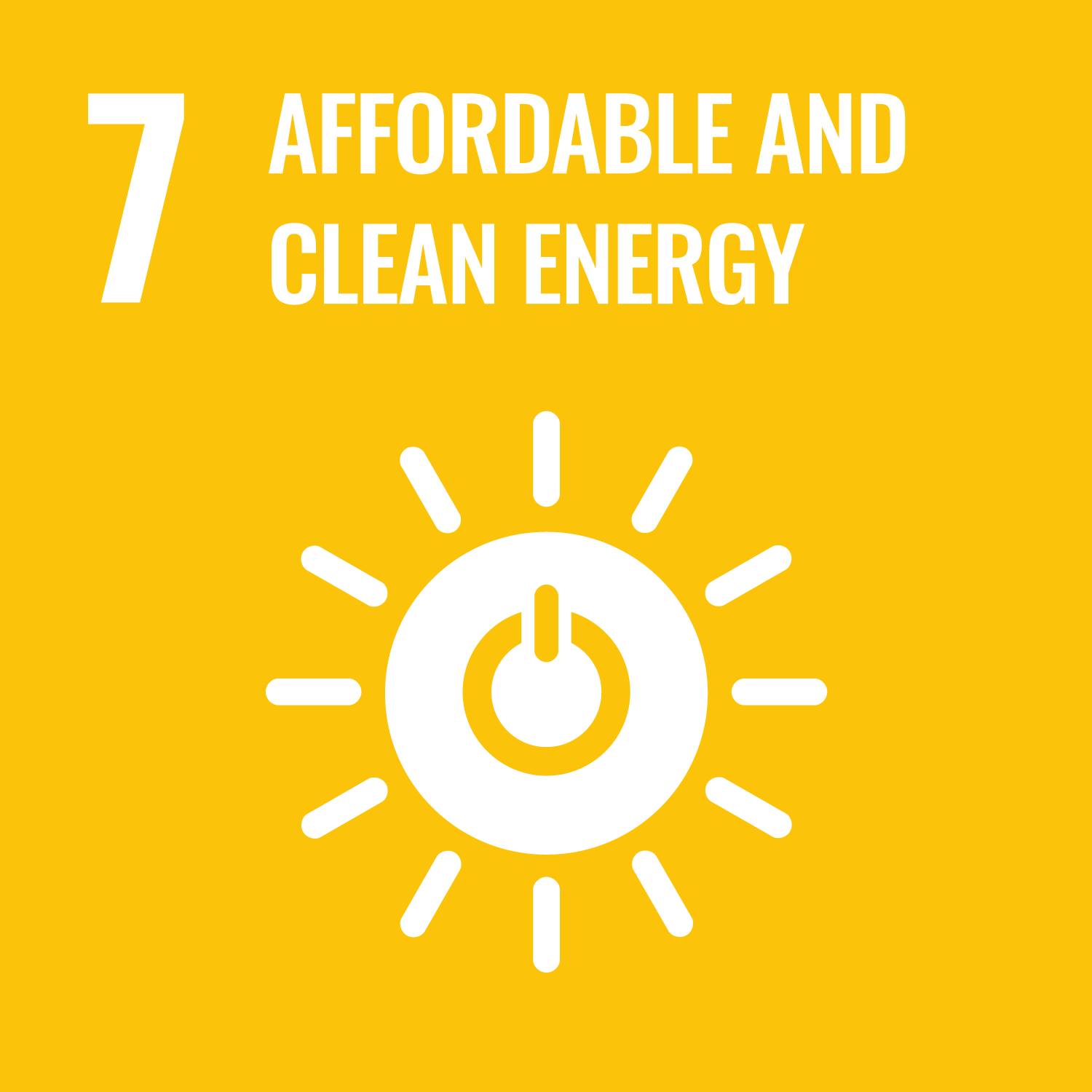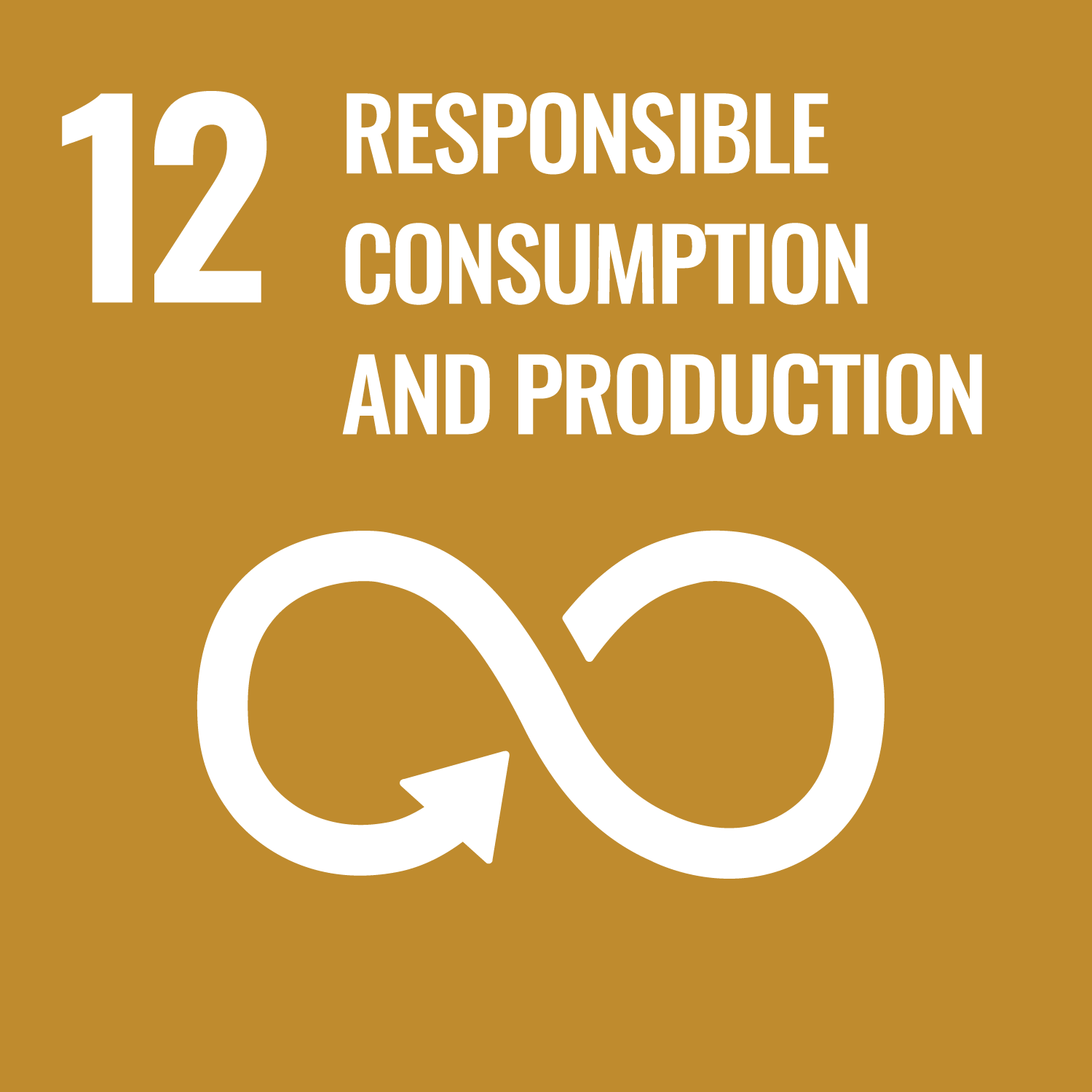Renewable Energy and Energy Efficiency Programme (REEEP)

Objectives
- Regulatory, institutional, and private-sector conditions for disseminating renewable energy and increasing energy efficiency are created
- The institutional and regulatory framework for renewable energy (RE) and energy efficiency (EE) promotion at a national level is improved
- Institutional frameworks for participatory RE and EE promotion have been set up at the sub-national level
- The capacities of the private sector for market development for RE and EE technologies and services have been strengthened
- A system for the dissemination of knowledge, further training, advice, and the exchange of experiences in the field of RE and EE is offered by partner institutions
Description
REEEP builds on the achievements of the Nepal Energy Efficiency Programme (NEEP) and the Renewable Energy for Rural Areas (RERA) project, fostering the efficient and sustainable use of energy, and promoting renewable energy in rural areas. REEEP strengthens the long-term promotion of RE and EE in Nepal by establishing the necessary institutional structures, processes, instruments, and coordination mechanisms at the federal and sub-national level, as well as by supporting the private sector to introduce sustainable business models and technologies while increasing private sector investment in RE and EE at the same time.
Approach/Field of intervention
Within the framework of BMZ 2030, the project sustainably concludes the integration of successful approaches of the previous bilateral energy projects into the partner structure (government, private sector, NGOs, cooperatives, development partners). Hereby, REEEP adapts a multi-level approach across the three tiers of government:
- Institutional Framework at National Level: The project improves the institutional and regulatory framework for RE and EE promotion at the federal level. Together with the Ministry of Energy, Water Resources and Irrigation (MoEWRI, Lead Executing Agency) and the Alternative Energy Promotion Centre (AEPC), the project supports the formulation of pertinent legal regulations, provisions, and standards including the ratification of the Energy Efficiency Bill, the National Energy Efficiency Action Plan (NEEAP), and improves the existing framework for RE and EE financing.
- Institutional Framework at Sub-National Level: The project supports the creation and improvement of institutional structures for participatory RE and EE promotion on the sub-national governments. This is achieved by promoting coordination among the government as well as non-government stakeholders, upskilling energy units at the sub-national level, advising on energy planning and developing as well as implementing RE and EE projects that promote participatory and inclusive socio-economic development.
- Capacity Development of Private Sector: The project collaborates with the private sector to strengthen its capacities for developing markets for RE and EE technologies and services. RE and EE market development is supported through sustainable business models with activities like identification and dissemination of proven technologies, development of networks/ platforms for sharing of market information, unlocking /elaboration of RE and EE financing mechanism, and setting up of local service centers for the provision of RE and EE services.
- Capacity Development and Knowledge Management: Together with AEPC, the project develops instruments/ tools/ platforms that offer knowledge-sharing, upskilling, accessing advice, and exchange of experiences on successful approaches in the RE and EE
Targeted beneficiaries
Nepal’s population benefits from improved and affordable access to modern energy i.e. electricity supply. Private sector, subnational, and national government officials and experts benefit from improved capacities for RE and EE development and dissemination at the intermediary level.
Highlight activities /Achievements
- Institutionalization of energy efficiency: Cabinet decision establishing the Alternative Energy Promotion Centre (AEPC) as the first government energy efficiency entity in Nepal.
- Policy and legal framework: Draft of the Energy Efficiency and Conservation Bill is prepared and endorsed by the cabinet. Draft of the National Energy Efficiency Action Plan (NEEAP) prepared. Energy Efficiency Strategy (EEST) and Biomass Energy Strategy (BEST) are adopted by the government. Establishment and promotion of national benchmarks for efficiency of improved cooking stoves.
- Introduction of cogeneration as a source in Nepal’s energy mix– including policy decisions on cogeneration from Sugar industries.
- Development of human resource capacity for energy audit and energy management (> 150 energy auditors, energy managers). Promotion of energy efficiency at energy-intensive institutions, enterprises and industries, through energy audits and the introduction of standardised energy management plans resulting in annual savings of 18,360 MWh of electrical energy and 108,707 MWh thermal energy contributing to a reduction in carbon emissions of 29,120 tonnes per annum (as of 2020).
- The Occupational Profile (OP) and the National Occupational Skill Standard (NOSS) for “Energy Auditor” has been developed and formally approved by the National Skill Testing Board (NSTB). Development of bachelor’s in engineering courses on energy efficiency and energy audits in cooperation with the Institute of Engineering, Tribhuvan University.
- The Nepal Electricity Authority (NEA) has introduced a digital information system to analyse its customers’ consumption patterns and a digital monitoring system to monitor the efficiency of the supply infrastructure.
- NMB Bank has included a financing mechanism for energy efficiency in its product portfolio.
- 56,424 people got access to modern and clean energy services (31,110 – people have access to electricity and 25,314 – people have access to improved cooking).
- 8,070 people got access to water at their doorstep through solar drinking water projects.
- Installation of 6,890 renewable energy technologies (RETs), resulting in 7916 tons of CO2 equivalent were mitigated annually.
- Endorsement of Rural Energy Policies by 90 local governments (the project developed model RE policy) to facilitate the implementation of RE projects/programmes.
- Establishment of 80 Energy Development Sub-Committees within local governments to oversee the development of RE projects/programmes
- Sensitized, capacitated, and enabled 168 out of 225 local governments in Province 1 and 7 to plan, promote and implement RE projects through orientation and virtual/physical meetings.
- Set-up of a Revolving Loan Fund for providing credit financing of RE projects with a commercial bank. The contribution of the commercial bank to the credit fund is three-fold the contribution of BMZ with the overall fund amounting to EUR 2.72 million.
Success stories
Having spent a decade in Kuwait, the Nepali migrant worker Manoj Thakur returned home with the resolve to start his own business. But it wasn’t easy to raise funds. Sahara Savings and Credit Cooperative helped him realize his plans. Thakur borrowed Rs 50,000 ($ 500) from the cooperative and started operating a Hair Salon in Ilam district. Though his business was off to a good start, the lack of regular electricity supply was hampering his business. He hit upon the idea of installing a solar PV system for electricity so that he no longer had to worry about the supply. He went back to the cooperative, which provided him a second loan of Rs. 55,000 ($ 550) for a 160-watt-peak solar system. Thakur used the money to buy three LED lights, an electric hair-cutting machine, and a fan. Soon, people started streaming into his salon for a haircut and his income has doubled since the installation of the solar PV system. Thakur now earns Rs 40,000 ($ 400) to Rs 50,000 ($ 500) a month. His two children go to a nearby boarding school.
NMB Bank and RERA joint forces to establish the Revolving Loan Fund to offer affordable credit financing to rural households through local Micro Finance Institutions, as well as to larger RE projects directly.
Mr. Thakur says, that ‘’at one point, I had even thought of quitting my business. Now I am no longer worried. My earnings are good enough so that I could pay off my debts and can cover my household expenses. This became possible after Sahara (cooperative) issued a loan for me to invest in solar PV energy. Today, instead of toiling in a foreign land, I am working in my own country,” he said.
Institutionalization of Energy Efficiency in Nepal
With direct advice and expertise from the Nepal Energy Efficiency Programme (NEEP), the Government of Nepal (GoN) has started establishing policy and regulatory frameworks for the planning and implementation of energy efficiency measures in the country. Following the adaptation of the NEEP supported Biomass Energy Strategy and the policy decision for promoting sugarcane cogeneration, which has already led to several Power Purchase Agreements between sugar producers and the state utility Nepal Electricity Authority, GoN has developed and adopted the National Energy Efficiency Strategy (NEEST) in 2018. It is envisaged that the strategy will play a pivotal role in establishing necessary policy, regulatory and institutional frameworks required for the implementation and monitoring of energy efficiency programs as well as for interagency coordination. Moreover, the Ministry of Energy, Water Resources and Irrigation (MoEWRI), the executing agency of NEEP, has also drafted a bill on energy efficiency and energy conservation. In addition, GoN has also begun to institutionalize energy efficiency in the country. Through the seventh revision of the Alternative Energy Promotion Development Board Formation Order, the GoN has established the Alternative Energy Promotion Centre (AEPC) as the first energy efficiency government entity in Nepal.
“National and international experiences have shown that energy efficiency can be a reliable resource in the sustainable energy mix. With support from NEEP, Nepal has made remarkable achievements in the promotion of energy efficiency during the short span. The Biomass Energy Strategy 2017 and National Energy Efficiency Strategy 2018 are the key strategies adopted by the GoN for the development of energy efficiency sector. Energy Efficiency and Conservation Bill is currently under consideration by the Cabinet for submission to the Parliament. AEPC, the mandated institution of the GoN to work in the areas of renewable energy and energy efficiency under the purview of MoEWRI, is keenly moving forward by building collaborations with the relevant partners and stakeholders in creating awareness at various levels, developing institutional structures and capacities, and formulating suitable regulatory framework for the institutionalization of energy efficiency in Nepal.”
Mr. Nawa Raj Dhakal, Deputy, Executive Director, AEPC, MoEWRI
COUNTRY
ASIA , Nepal
DURATION
July 2021 - December 2023








